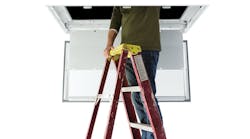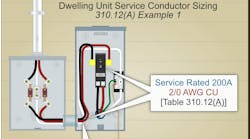A major customer needed a vendor to supply a high volume of a custom part on a regular basis. After some negotiation, your company landed the deal. Then your company had a special production system built just to make this product. The system has been producing below its rated capacity, due to shutdowns that happen unexpectedly. The capacity loss has caused slippage in meeting scheduled deliveries, and the customer is clearly displeased.
When a shutdown incident happens, the operator uses a dedicated radio to call it in; a tech arrives usually in less than three minutes. Typically, the repair tech unsuccessfully tries to restart the machine. Then he goes through the basic troubleshooting procedure, finds no problems, and restarts the machine. How might you find the problem?
The fact the machine starts after completion of the troubleshooting process indicates several possibilities. Examples:
- Overheating. Determine what might be overheating, and put a recording temperature monitor on it. Consider calibrating or replacing any thermal protective devices.
- Timing conflicts. If the system contains any timers, analyze the control logic for timing conflicts.
- Door interlocks. Check the switch mounting and adjustment for these, and check any proximity switches.
- Safety devices. The operator may be tripping a safety device, and even after the device is clear there’s a restart permission delay.
Also, determine what “As Found” and “As Left” data (e.g., temperatures, switch positions, etc.) may have a bearing on this issue.




